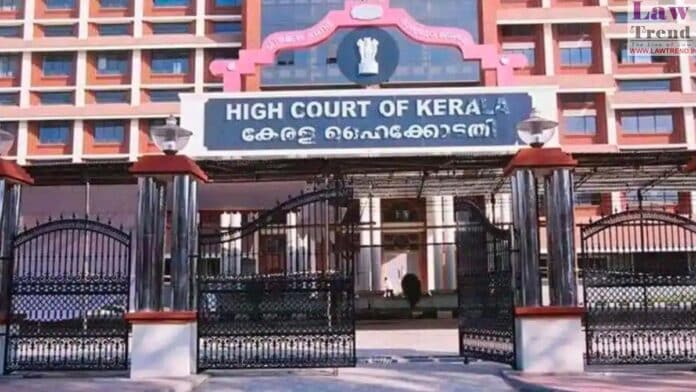The Kerala High Court on Tuesday granted an interim stay on the order that set aside the election of CPI(M) MLA A Raja from Devikulam Assembly seat in Idukki district.
Justice P Somarajan granted an interim stay on the operation of the order for ten days or till an appeal is filed before the Supreme Court, whichever occurs first.
The court said the stay was granted on the condition that Raja shall not draw any emoluments as MLA and shall not have any voting rights.

The High Court yesterday set aside the election on a petition filed by Congress leader D Kumar, who was the runner-up in the 2021 Assembly polls, alleging that Raja was not qualified to contest the Devikulam seat reserved for the Scheduled Caste (SC) community.
Raja, opposing the plea, had contended that he belonged to the Hindu Parayan community of the state of Kerala and that the caste certificate issued by the Tahsildar of Devikulam proved it.
He had also argued that the Returning Officer rightly rejected the objection by Kumar to the nomination paper filed by him.
The CPI(M) leader claimed that his parents had never converted to Christianity, he himself had never been baptised, his wife was a Hindu and that his marriage ceremony was conducted according to Hindu rites, which included the customary lighting of a lamp and the tying of the ‘thali’ around his wife’s neck.
On the other hand, Kumar in his plea had alleged that Raja was a Christian, baptised at a CSI church in the hill district, and submitted a fake certificate to prove that he belongs to an SC community.
Kumar, who was defeated by a margin of 7,848 votes in the 2021 polls by Raja, had also claimed that even the wife of the CPI(M) leader was a Christian and that they were married in accordance with Christian religious rites.
Agreeing with the contentions of the Congress leader, the court had said that it was evident from the evasive answers given by Raja regarding his marriage and the ceremony, that there was a “conscious effort” on his part to conceal the truth.
The type of clothes worn by him and his wife for the wedding was an indication of a Christian marriage, the court had noted.
The court had also said that all the documents placed before it “would sufficiently show that the respondent (Raja) was actually professing Christianity at the time when he had submitted his nomination and converted to Christianity long before its submission”.







